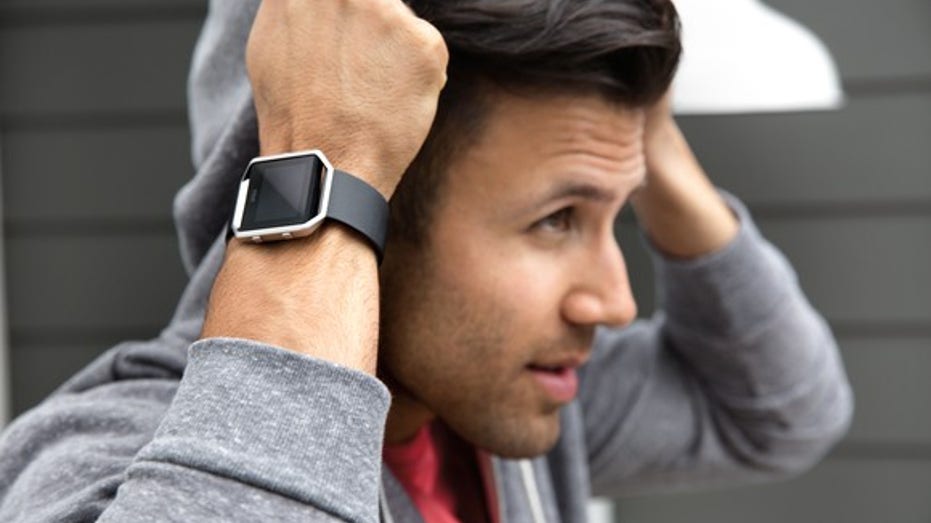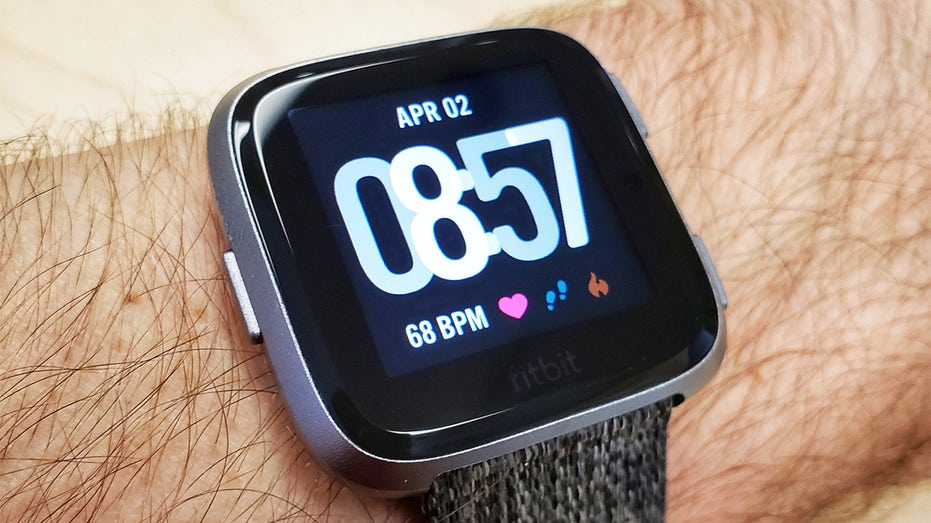Fitbit devices being used in criminal cases, to catch cheating spouses
Fitbit and other fitness tracking devices have expanded their capabilities far beyond just counting steps
Fitbit and other fitness tracking devices are increasing the ways criminal investigators and even those outside criminal law enforcement can gather information about a person’s activities.
NFL Network reporter Jane Slater explained in a Dec. 5 tweet how she realized her ex-boyfriend was cheating on her after his activity levels had climbed at 4 a.m. She noticed the odd activity because the pair had synced their Fitbit accounts as a way to motivate each other, she said.
Fitness tracking devices have expanded their capabilities far beyond just counting steps, with newer models now monitoring more detailed movement and activity, as well as GPS tracking. And outside of the realm of fitness, the devices can be used for more than catching cheating spouses.
This “digital DNA” is no different – albeit more technical – than the everyday evidence gathering involved in a crime scene investigation, explained Philip Rosenthal, a veteran private investigator and vice president of Israel-based computer forensics company Bis-Tec Technologies.
He described a crime scene in the aftermath of a burglary: Investigators at the scene, he explained, are “trying to find the evidence that would place a particular person in that office, by getting either their DNA or fingerprints or some other physical evidence to put them at the time and place inside that location. Digital forensics is no different – it’s just that we're looking for digital DNA or fingerprints.”
GET FOX BUSINESS ON THE GO BY CLICKING HERE

In other cases often handled by police or investigators, the Fitbit or another fitness tracking device could be used to determine when someone’s heart had stopped beating, indicating his or her likely time of death.
The data is recorded through cell towers and satellite technology, which links one person to another based on his or her locations, digital forensics expert Thomas Yohannan told FOX Business.
“Movement and location are probably the biggest two things that these devices could do,” Yohannan said.
Fitbit, which recently announced plans to be acquired by Google, provides some of the most accurate data out of the fitness tracking gadgets on the market, he said.
GOOGLE'S $2.1B FITBIT DEAL UNDER DOJ SCRUTINY: REPORT
The FBI used the data tracked from Mollie Tibbetts’ Fitbit after the 20-year-old went missing in the summer of 2018, in the hopes of learning more about where she was and whom she saw before she disappeared, CBS reported at the time.
In any criminal case, investigators “can not only show a person was in this area, but they could also actually show that person was close to someone else,” Yohannan said.
READ MORE ON FOX BUSINESS BY CLICKING HERE

Fitbit Versa
The location tracking capability, however, is not unique to Fitbit, he added.
“That doesn't always have to happen through just Fitbit or smartwatches,” he said. “You could do it also if a person has a Fitbit and another person has an ankle bracelet because they are under house arrest, you could say ... there's an interaction, just in terms of technology, between just different devices that could say here's the location of that person.”
While the data does not provide any immediate solutions to a crime, it provides law enforcement “an understanding” of where someone was at some point in time, he said.
APPLE, FACEBOOK DEFEND ENCRYPTION UNDER GRILLING FROM SENATORS, LAW ENFORCEMENT
“You have to help understand the context … What time is it? All those things that law enforcement has to do in order to create the context,” Yohannan said. “It's not giving you a final solution. It's just giving you an understanding.”




















